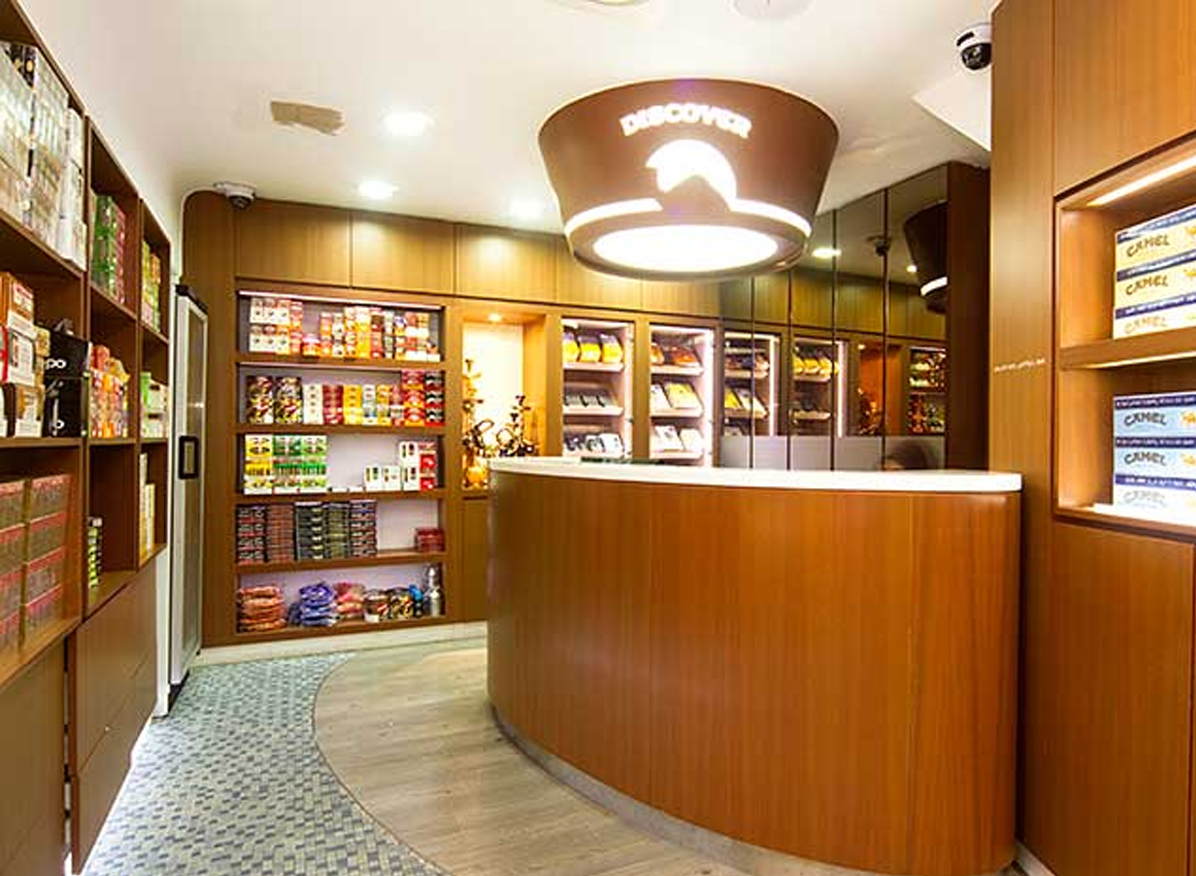The Maldives has introduced key amendments to customs regulations, tightening restrictions on tobacco products and updating penalties for customs violations. Under the new rules, tobacco products—including cigarettes, bidis, e-cigarettes, vapes, and aerosol-emitting sticks—can no longer be stored in bonded warehouses, marking a shift from previous customs practices. Previously, importers of such products could defer customs duties by paying only on goods removed from bonded storage. Now, duties are due on the entire shipment at the time of import, a measure likely to streamline tax collection and discourage tobacco imports.
Additionally, the revised regulations remove the provision for bonded warehouses to supply tobacco, alcohol, and pork products as ship stores, closing a loophole that allowed these items to be exempt from duties when distributed to vessels. Bonded warehouse facilities can now also be established only in areas under customs control, aiming to strengthen oversight on storage and distribution.
Customs has also ramped up penalties for breaches of import laws. Smuggling or attempting to smuggle goods without listing them on the cargo manifest will now incur a fine of MVR 200,000. If a vessel deviates from its declared route or docks in an unapproved location, a fine of MVR 100,000 applies, and a similar penalty applies for disabling a vessel’s tracking system upon entry to the Maldives.
These amendments align with a broader strategy to discourage tobacco use in the Maldives, highlighted by recent hikes in duties on vaping devices, flavored sticks, and other tobacco products. An additional amendment to the Import-Export Act raised duties on cigarettes, bidis, and vaping products, and the government has set a timeline to ban vape imports by mid-November and prohibit sales and use by December, aiming to promote public health.















